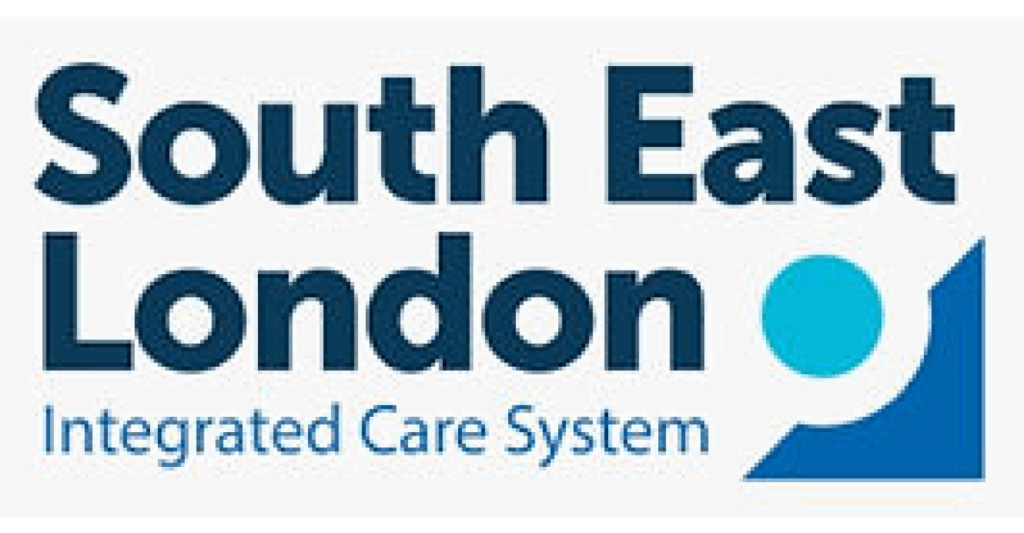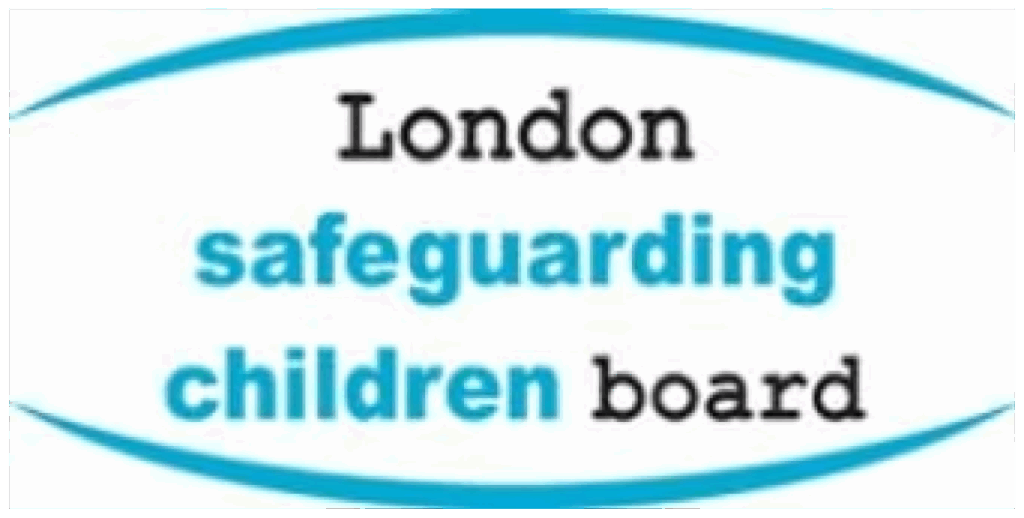Child Not Brought to Appointments
Many children and adults are reliant on someone else to take them to meetings or appointments that relate to their welfare, care or health and as a result they are sometimes not taken to them. This may mean that a practitioner may record them as having ‘not attended’.
This is a safeguarding concern. Many Serious Child Safeguarding Practice Reviews (and previously, Serious Case Reviews), both nationally and regionally, have featured these ‘missed’ appointments as a precursor to serious child abuse and even child death. We ask all partners and practitioners to use “Was Not Brought” rather than “Did Not Attend” for recording or noting the non-attendance of children, young people and adults who are reliant on someone else to take them to a meeting or appointment.
The phrase “Did Not Attend” implies that the individual for whom the appointment or meeting has been arranged is responsible for not attending. There may be many reasons as to why someone doesn’t attend an appointment, however if a child or adult is reliant on someone else to make, rearrange or take them to appointments or meetings, recording or noting “Was Not Brought” is a more accurate representation of the situation. Recording or noting “Was Not Brought” enables a practitioner to consider the reasons why a child or adult was not brought to a meeting or appointment, the implications for them not having been brought, and assess the potential risks or safeguarding concerns for them, especially if there is a repeat pattern of non-attendance.
Watch this short animation for a powerful summary of the issue.
What is the “Was Not Brought” approach?
- Are they reliant on someone else to either make and/or take them to appointments or meetings? This may be due to age, mental capacity, disability or accessibility.
- What are the implications of them not attending the appointment or meeting? Are they missing needed medication or assessment, being denied the opportunity of inputting into a planned review, not being part of a discussion about their health and wellbeing.
- Is this a one off, or is there is a repeat pattern?
- What could be the reason for their non-attendance? Be professionally curious. Are there any other factors to consider, like coercion and control, or neglect?
Actions to Take

Record
- that the child or adult was reliant on someone else to bring them to the meeting
- any impact or safeguarding concern their non-attendance may have raised
- if this was the first or repeat non-attendance and identify any emerging patterns
- the action you have taken in response

Discuss
- enquire why they did not come to the appointment
- encourage them to rearrange, explaining the importance of the appointment and the child's wellbeing
- discuss with them any barriers which may have impacted on them attending
- arrange support to attend future meetings if needed

Persevere

Escalate
Support and Resources

Primary Care Guidance

